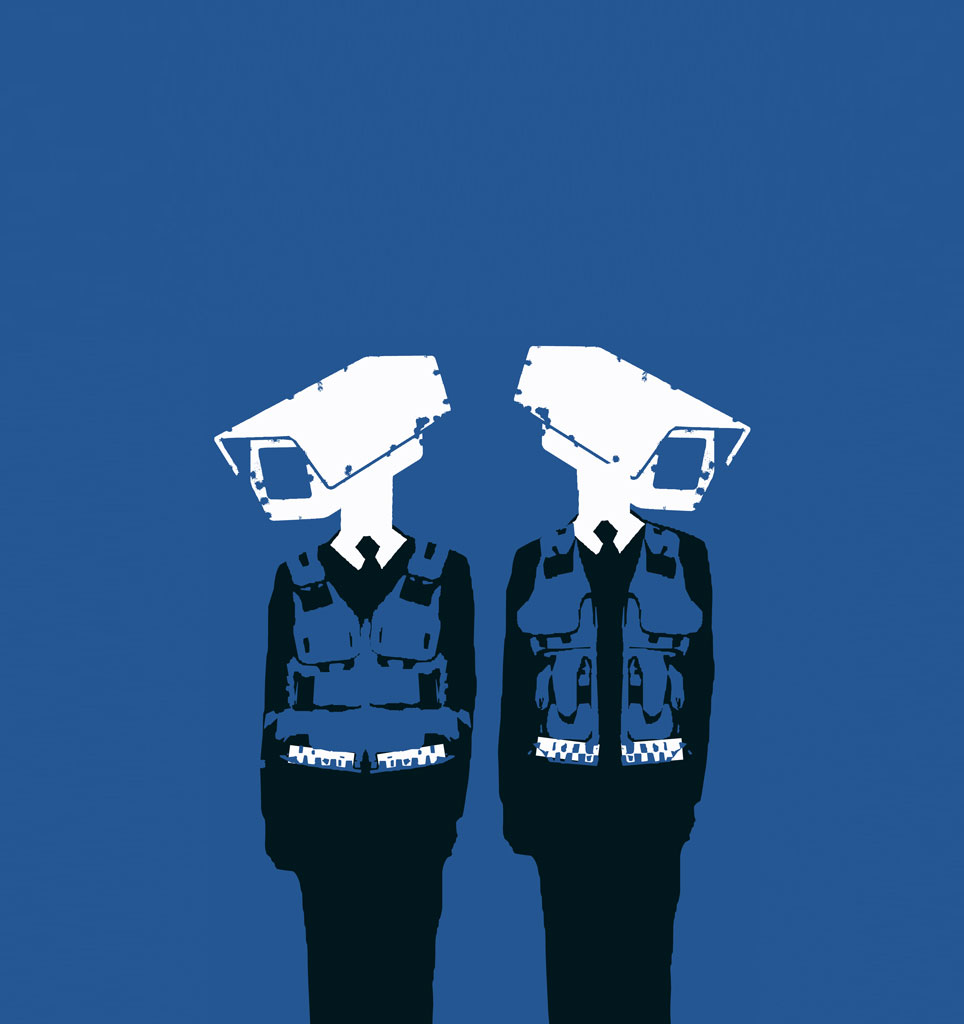
Overriding lawyer-client & confidential communications is incompatible with the rule of law, as Nicholas Griffin QC, Robert O’Sullivan QC & Gordon Nardell QC explain
On 11 January the prime minister attended the unity march in Paris following the murders of 17 journalists, shoppers and police officers in that city by terrorists. He was there in a demonstration of solidarity with the French, condemning the attacks as unacceptable in a free, open and tolerant country. And yet at the same time he was advocating ever greater powers for the police and the security agencies to intrude on our private communications. Deputy Prime Minister Nick Clegg noted the irony, commenting on politicians: “who say in one breath that they will defend freedom of expression and then in the next advocate a huge encroachment on the freedom of all British citizens”.
This is the difficult atmosphere in which decisions must be made about the proper extent of powers for the state to access our communications. In this article we focus primarily on the protection to be given to lawyer-client communications and to











